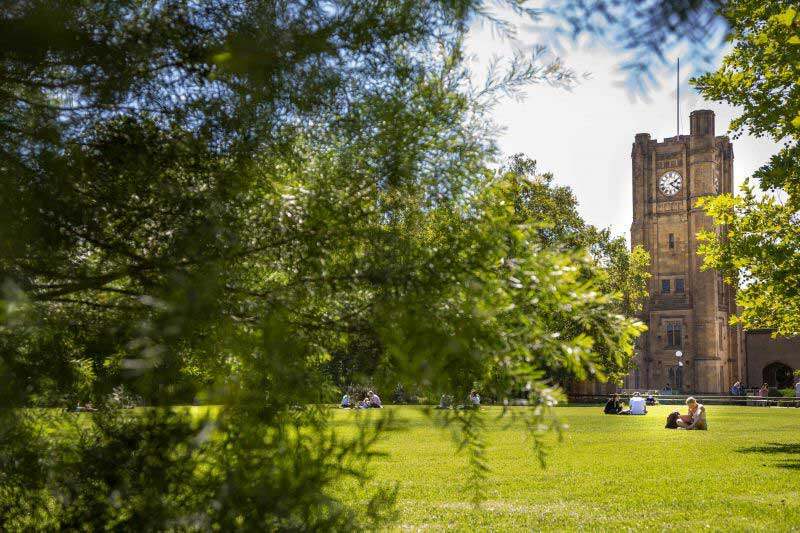The University of Melbourne’s efforts to tackle the world’s greatest environmental and social issues has seen it jump a massive 42 places to be ranked ninth best in the world in the latest Quacquarelli Symonds (QS) Sustainability Rankings.


The QS Sustainability Rankings is determined by performance in nine lenses that sit under three broad categories – Environmental Impact, Social Impact and Governance.
The University of Melbourne’s significantly improved performance in this year’s QS rankings includes a number one ranking in the Environmental Sustainability performance lens and a number three ranking in the Impact of Education performance lens.
These results were supported by evidence of the University’s efforts and initiatives, including:
- Making sustainability an integral part of the Advancing Students and Education Strategy, and cross-referenced in the Indigenous Strategy;
- Increasing the number of sustainability-focused leadership roles and subject-matter expert roles in Faculties and procurement;
- Embedding sustainability into major service provider contracts, including waste, cleaning, groundskeeping, fleet and retailer provision; and
- Launching the Melbourne Biodiversity Institute and hosting the new Biodiversity Council.
University of Melbourne Vice-Chancellor Professor Duncan Maskell said the latest QS Sustainability Rankings reflect the collaborative efforts of many people across the University.
“University of Melbourne researchers are some of the world’s leading experts on environmental, climate and biodiversity challenges that threaten us and future generations,” Professor Maskell said.
“By harnessing this expertise and the collective resources at Melbourne Climate Futures, the Melbourne Energy Institute and the Melbourne Biodiversity Institute, the University is determined to be a leader in developing solutions to these global challenges.
“I am very pleased that the University’s sustainability credentials have been recognised by QS, and our goal is to make an even greater contribution to research and education in sustainability, environmental and climate, and social impact.”
The University will continue to implement its Sustainability Plan 2030, including committing to be climate positive by 2030 and supporting the UN Sustainable Development Goals.
The rankings of higher education analytics firm Quacquarelli Symonds are regarded among the most-widely read university rankings in the world.
The University of Melbourne’s Sustainability Framework, which includes the University’s Sustainability Plan, can be viewed here.








































